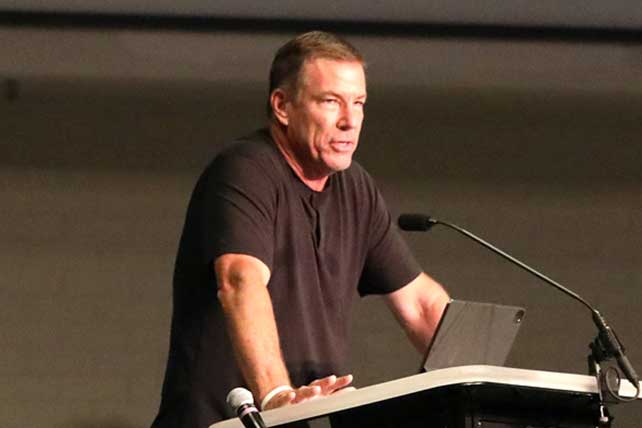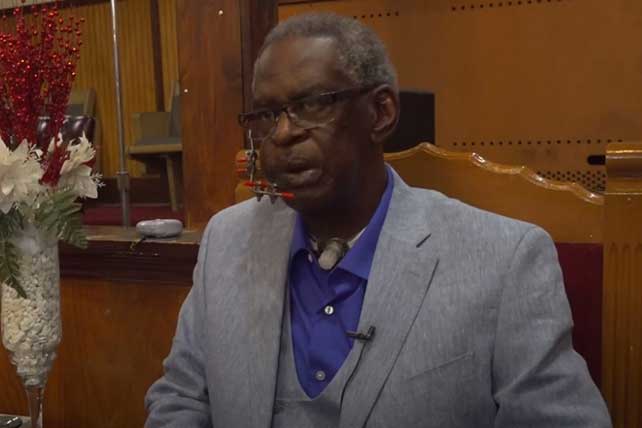Bruce Frank, former Southern Baptist Convention (SBC) Sexual Abuse Task Force (SATF) chairman and current lead pastor of Biltmore Church in Arden, North Carolina, announced on Tuesday (April 2) that he is accepting a nomination for SBC president at the SBC Annual Meeting this June.
Frank joins Mike Keahbone, Clint Pressley, Jared Moore, and David Allen as this year’s nominees for SBC president.
“After a number of months of prayer, encouragement, and counsel, I am allowing my name to be placed in nomination for the presidency of the SBC this June in Indianapolis,” Frank posted on his personal website.
Frank was appointed the chairman of the SATF by then-SBC president Ed Litton in July 2021 as a part of a seven-member task force designed to investigate the SBC’s Executive Committee’s handling of abuse allegations over the years.
RELATED: SBC Messengers Vote Overwhelmingly in Favor of Sexual Abuse Reforms
Frank worked alongside Marshall Blalock, John Damon, Liz Evan, Heather Evans, Andrew Hébert, Bucas Sterling III, and advisors Rachael Denhollander and Chris Moles to present the Guidepost Solutions report and provide recommendations for the Abuse Reform Implementation Task Force (ARITF) and Ministry Check website at the 2022 SBC Annual Meeting in Anaheim, California.
“As the largest missionary force in modern day history, I believe the best days of the SBC can be ahead of us,” Frank said. “If elected by the messengers, I feel I could provide leadership, focus, and consensus to several key areas we face as a convention.”
Frank listed “A Focus on the Great Commission,” “A Tenacity with Sexual Abuse Reform,” “A Renewed Commitment to an Uncompromising and Cooperative Complementarianism,” and “An Emphasis on Church Revitalization” as four of those key areas.
“Recently, at Biltmore Church, we asked every member to identify one person they could pray for and seek to lead to Christ over the year,” Frank shared. “We then asked them to write the name of their ‘one’ on the wall of the worship centers as a constant reminder to pray and share the gospel with their ‘one.'”
RELATED: The SBC ‘Is Getting Away From Scripture,’ Warns SBC Presidential Candidate Jared Moore
So far this year, Frank’s church has witnessed “dozens and dozens” of people giving their lives to Jesus and getting baptized. Frank also praised the SBC’s International Mission Board (IMB) missionaries for doing a “remarkable job around the world.”






























